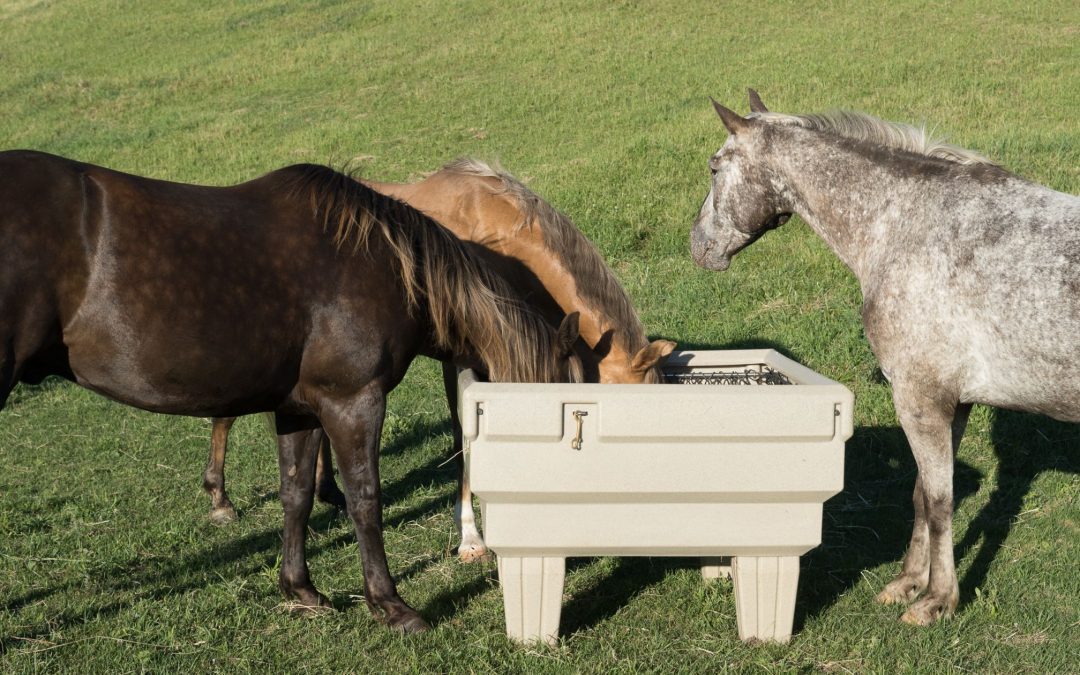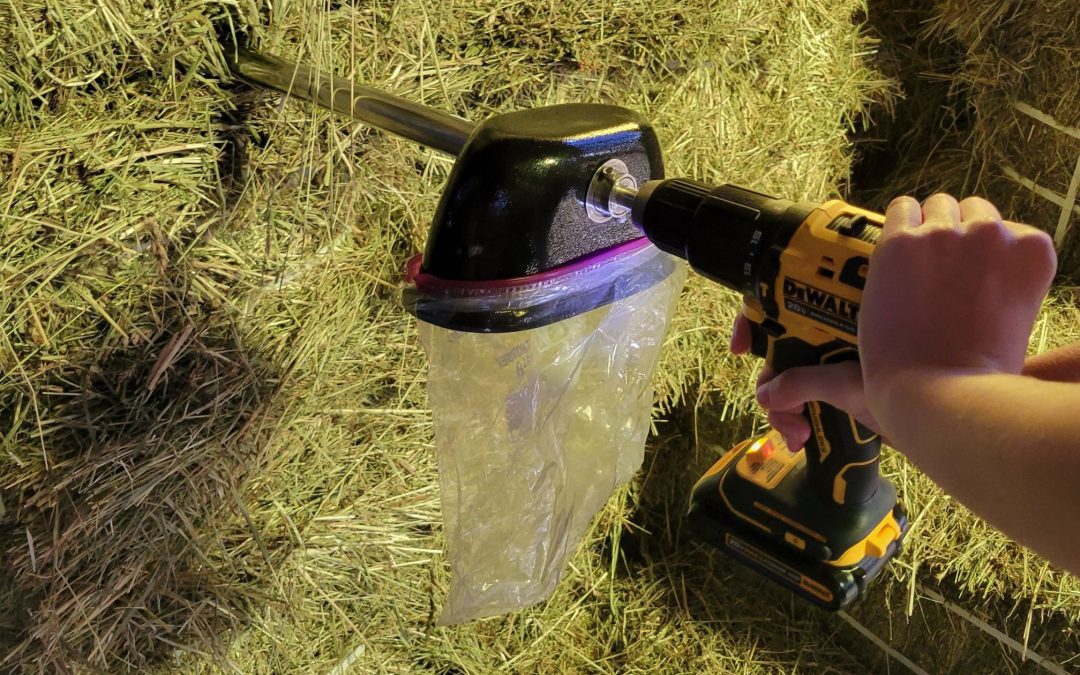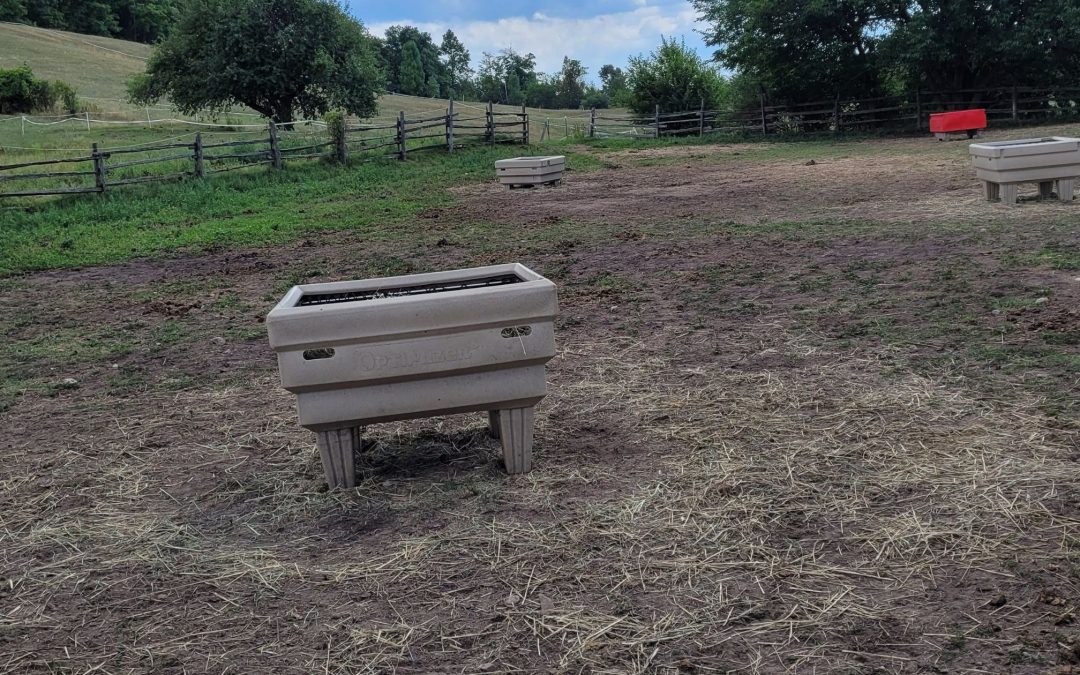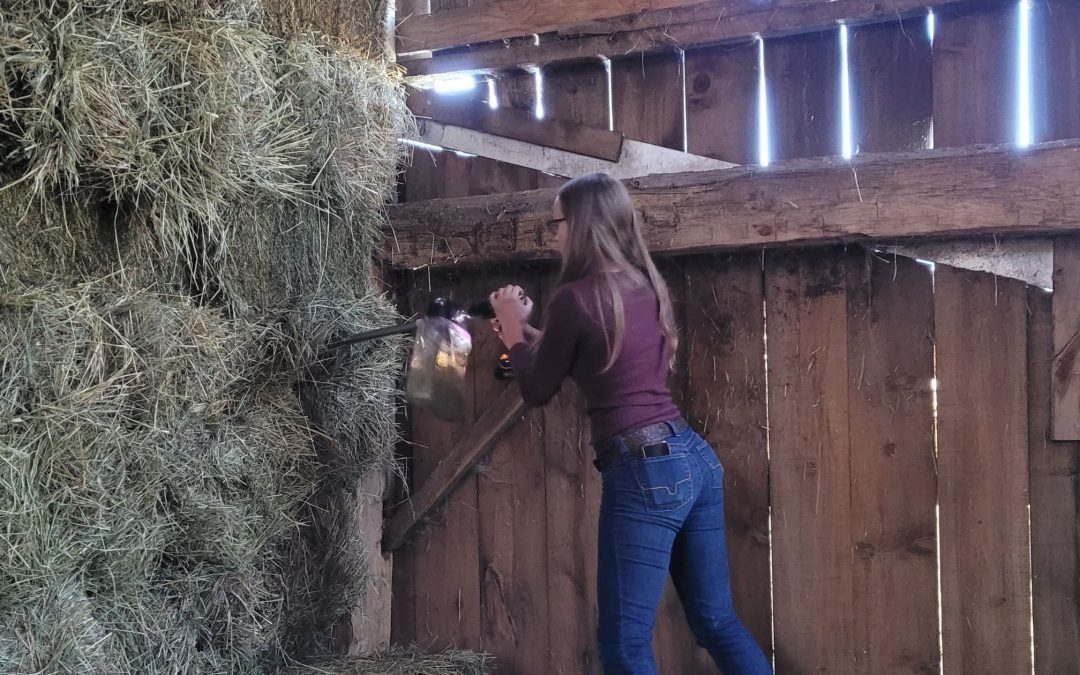
by Madeline Boast | Nov 24, 2022 | OptiMizer Education
The majority of any equid’s diet should be forage. Horses are hindgut fermenters that have evolved to consume forage for most of the day. It is estimated that horses graze for upwards of 16-18 hours a day. Overall, it is well known that horses require a consistent...

by Madeline Boast | Nov 17, 2022 | OptiMizer Education
When seeking hay for the season as a horse owner—simply requesting “good quality hay” is not adequate. Most horse owners would agree that hay needs to be free of mould, foreign objects, and poisonous plants. But how can we truly determine what hay is ideal for our...

by Madeline Boast | Nov 10, 2022 | OptiMizer Education
Hay waste is a key issue when caring for horses. We commonly see two types of waste: hay that is wasted on the ground, by blowing away, being tromped into the ground or bedding and made inedible. hay that is wasted due to allowing the horses to overeat. In...

by Madeline Boast | Nov 3, 2022 | OptiMizer Education
2021 vs. 2022 There are many factors that influence the nutritional content of a hay analysis. This is one of the key reasons why it is crucial to get your hay analyzed every year, even if it is being harvested from the same field! Wishing Well Farm harvests their own...





Recent Comments